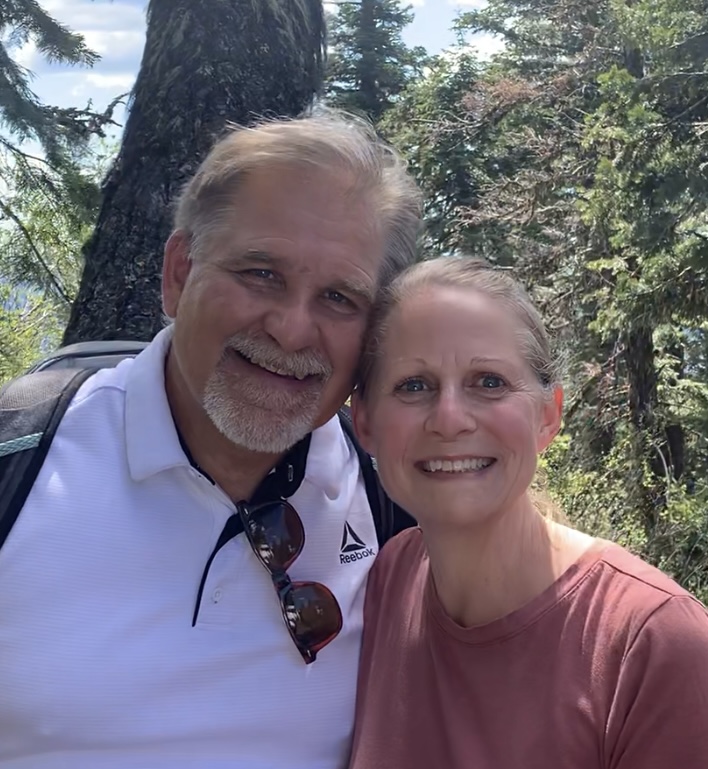Domestic Violence & Abuse in "A Widow's Whim" - Writing from Experience
- Pete and Julie Morrill

- Sep 5, 2024
- 3 min read

I don't write much about my former life, because I hate to be a downer. Nearly 16 years ago now, I escaped from an abusive marriage and it has taken years of prayer and processing through that horror to be able to have the confidence to be myself today. Instead of writing about domestic violence in a straightforward, non-fiction format, I have mined the depths of that pain and put it into my fiction writing in a very passive way. It's in the background and not at the forefront of any story.
In the opening of my book, "A Widow's Whim," the heroine finds herself stuck in a marriage she regrets, having eloped the night before. Though her new husband has not treated her well, I offer no details of any abuse. Thankfully (and shockingly), her husband annuls the marriage the next morning and casts her out. Later in the story, when the villain ex-husband tracks down the heroine, he exhibits more of his sinister manipulative self in several different scenes, but not once do I write overtly about domestic violence, only hinting at it from time to time.
Domestic abuse in my experience was far more psychological than physical. My ex-husband threatened many times to strike me, but he never actually hit me outright, although he did push and shove me using his arms or elbows. Threats of violence, angry yelling tirades, and forcing me to confess to wrongs I had not committed were his modus operandi. Any physical pain or discomfort I experienced in that marriage are mostly forgotten, while the mental effects have stuck in my head, warping the way I think, perceive, and react. My ex would do things to make me react in crazy ways so that he could call me crazy and, of course, I believed him because it was kind of true. After my escape, recovering from the deleterious effects on my mind has been my greatest challenge.
I was married to my ex-husband for six years and now, after over a decade of distancing myself from him, I think I'm about 90% PTSD-free. Even now, however, a certain pitch of a man's shouting, running out of sanitary pads or toilet paper, a slamming door, or an accidental dropped dish can trigger an elevated heart rate and a slight panic attack due to the trauma of that dark period of my life.
I married my husband Pete nearly 14 years ago now and he has helped me through a lot of healing. To be honest, the first two years of our marriage were rough. Fearful that my he might get abusive like my ex, I hid money and had a bag packed and ready for a quick escape. If Pete ever got upset about anything, I'd hide in a closet or run up to the next-door camp and hunker down in a cabin. I hoarded sanitary pads and toilet paper, filling closets and cupboards so that I'd never run out of the precious items again. Crazy? I don't think so. I was just a domestic violence survivor learning to live in the real world again.
Pete and I are in the midst of watching a series on Scientology on Netflix. I cry a lot watching this show. It's addicting and shocking, but I'm always amazed at the many similarities there are between that cult (and probably most cults) and my former marriage. Mind control was my ex-husband's most effective weapon against me. It's the same with cult victims. They are trapped in an abusive relationship, lied to, threatened, afraid, just like I was.
If there's anything good that I've learned from being in an abusive marriage, it's compassion for victims in any similar situation. And, although it's not the central theme of my fiction writing, I hope compassion shines through in some way and offers hope to other victims and survivors of abuse.




Comments